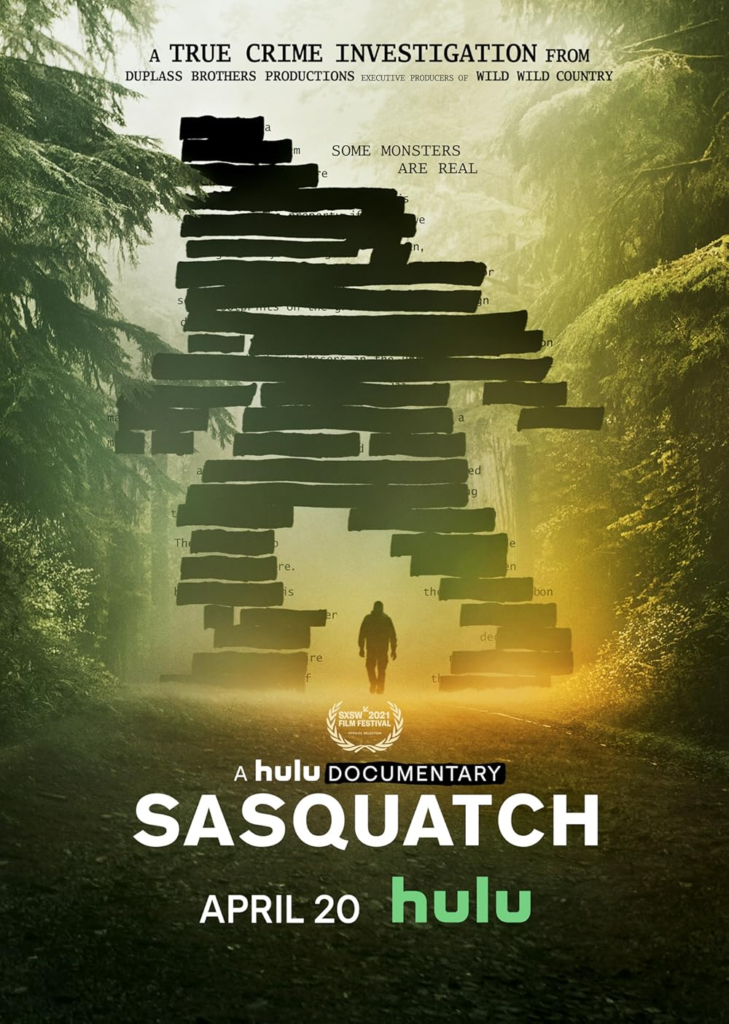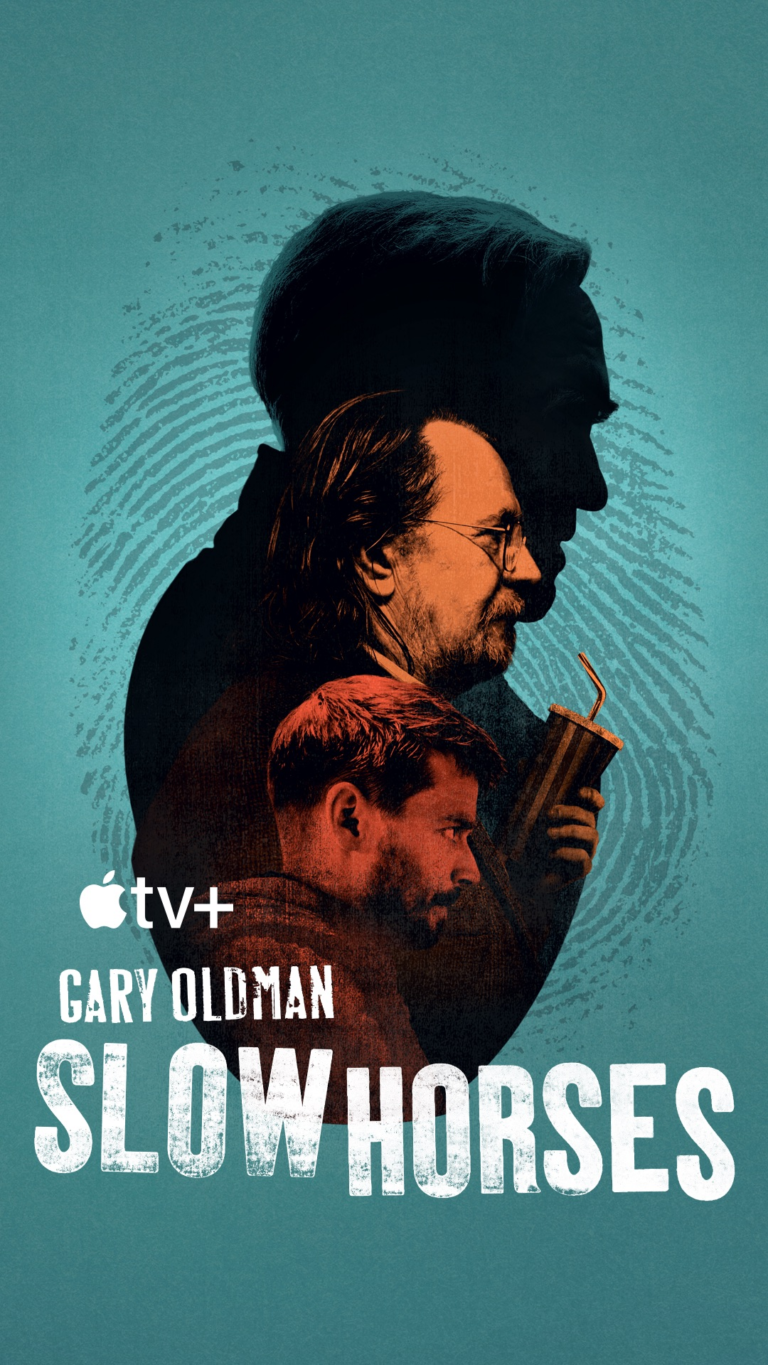Sasquatch Christian Review

When you hear the title Sasquatch, your first thought might not involve a deep dive into human nature, moral ambiguity, or truth-seeking in a broken world. But that’s where this peculiar three-part series leads its viewers—into the murky terrain of myth, crime, and the flawed humanity lurking in between. For Christians, it’s a show that dances between thought-provoking and frustrating, offering a chance to reflect on the nature of evil, the complexity of human choices, and our obsession with the unknown.
The Myth That Beckons
At its heart, Sasquatch is about more than just Bigfoot. Yes, the shadow of the legendary creature looms large, but it’s merely the framework for a darker, more grounded narrative. The series invites viewers into the haunting world of Northern California’s Emerald Triangle—a region steeped in both marijuana farming and a mythology as wild as its rugged terrain. Here, investigative journalist David Holthouse embarks on a journey to uncover the truth behind a grisly triple murder rumored to have Bigfoot’s fingerprints—or claw prints—on it.
Holthouse is our guide, and he’s a compelling one at that. He doesn’t believe in Bigfoot, which makes his exploration feel grounded, even as the series toys with the line between fact and fiction. For Christians, this skepticism resonates. It’s easy to draw parallels to how we might approach legends or urban myths: not as gullible believers but as seekers of truth, testing everything and holding on to what is good (1 Thessalonians 5:21).
Obsession with the Unknown
Holthouse’s investigation is more than a quest for answers; it’s an obsession. As the series unfolds, you sense his relentless drive to leave no stone unturned, no rumor unexamined. And honestly, that’s what makes Sasquatch so engrossing. It’s not just about the facts; it’s about the chase—the human need to connect dots, solve puzzles, and make sense of chaos.
This aspect of the series hits particularly close to home for anyone who’s ever felt consumed by the need to know. It’s a deeply human trait, but for Christians, it also raises questions about where we place our ultimate trust. Holthouse’s journey reminds us that, while seeking knowledge is valuable, true peace comes not from answers but from faith in God’s sovereignty (Proverbs 3:5-6).
Humanity’s Monstrous Side
If you’re expecting Sasquatch to settle the Bigfoot debate, prepare for disappointment. This series isn’t about proving or debunking the creature’s existence. Instead, it shines a spotlight on the very real monsters of the Emerald Triangle: the greed, paranoia, and lawlessness that define its marijuana industry. Through interviews, sparse reenactments, and archival footage, director Joshua Rofé paints a vivid picture of a world where survival often trumps morality.
As Christians, we know that sin doesn’t need a furry mythological beast to wreak havoc. The Bible tells us that human hearts are more than capable of producing evil on their own (Jeremiah 17:9). Sasquatch captures this truth, showing how fear, desperation, and greed can drive people to commit acts as monstrous as anything attributed to Bigfoot. It’s a sobering reminder that the real battle isn’t against mythical creatures but against the very real powers of sin and darkness in the world (Ephesians 6:12).
A World Shaped by Fear
One of the series’ most striking themes is the role of fear—how it shapes our stories, our actions, and our perceptions of reality. In the Emerald Triangle, fear isn’t just an emotion; it’s a way of life. Farmers fear law enforcement, outsiders fear the farmers, and everyone fears the unknown. Bigfoot becomes a convenient symbol of this fear, a scapegoat for the chaos and violence that humans create.
For Christians, this exploration of fear is both convicting and illuminating. How often do we let fear dictate our choices or shape our understanding of the world? The Bible reminds us repeatedly that fear is not from God (2 Timothy 1:7). Yet, like the inhabitants of the Emerald Triangle, we’re often quick to project our anxieties onto external forces rather than confronting the deeper issues within ourselves.
A Unique Storytelling Style
On a technical level, Sasquatch is an intriguing blend of formats. The series uses animated reenactments, interviews, and a touch of graphic-novel aesthetics to create an atmosphere that feels both mysterious and gritty. It’s a style that works, for the most part, drawing viewers into Holthouse’s headspace and the shadowy world he’s investigating.
However, the series isn’t without its flaws. The pacing can feel uneven, with certain facts repeated ad nauseam and new revelations doled out too sparingly. For some viewers, this might come across as frustrating or even manipulative. As Christians, it’s a reminder of the limitations of human storytelling. Unlike God’s Word, which is clear, complete, and purposeful, human narratives often fall short of providing the clarity and resolution we crave.
The Allure of Ambiguity
By the time Sasquatch reaches its conclusion, it offers more questions than answers. The series ends on an eerie, ambiguous note, leaving viewers to wrestle with the unresolved tension between myth and reality, crime and conspiracy. For some, this ambiguity might be the point—a reflection of life’s own uncertainties.
But for Christians, ambiguity can be both a challenge and an opportunity. While it’s natural to desire neat resolutions, we’re also called to embrace the mystery of faith. Not every question needs an answer, and not every story needs a tidy ending. In the face of life’s uncertainties, we’re reminded to place our trust in God, who holds the ultimate truth and resolution (Deuteronomy 29:29).
A Thought-Provoking Experience
So, is Sasquatch worth watching? That depends on what you’re looking for. As a piece of entertainment, it’s undeniably engaging, with a unique style and a compelling central figure in Holthouse. But it’s not a series that provides clear moral takeaways or spiritual insights. Instead, it offers a fascinating glimpse into the complexities of human nature, the power of fear, and the stories we tell to make sense of our world.
For Christians, Sasquatch is less about Bigfoot and more about what the creature represents: our capacity for darkness, our hunger for answers, and our tendency to project our fears onto the unknown. It’s a show that challenges us to reflect, even if it doesn’t provide all the answers we’re looking for.
Final Rating: 7/10
Sasquatch earns high marks for its creativity, atmosphere, and thought-provoking themes. However, its reliance on ambiguity and occasional narrative missteps prevent it from reaching its full potential. For Christians, it’s a show that offers more questions than answers—but sometimes, that’s exactly what we need to deepen our faith and understanding.





